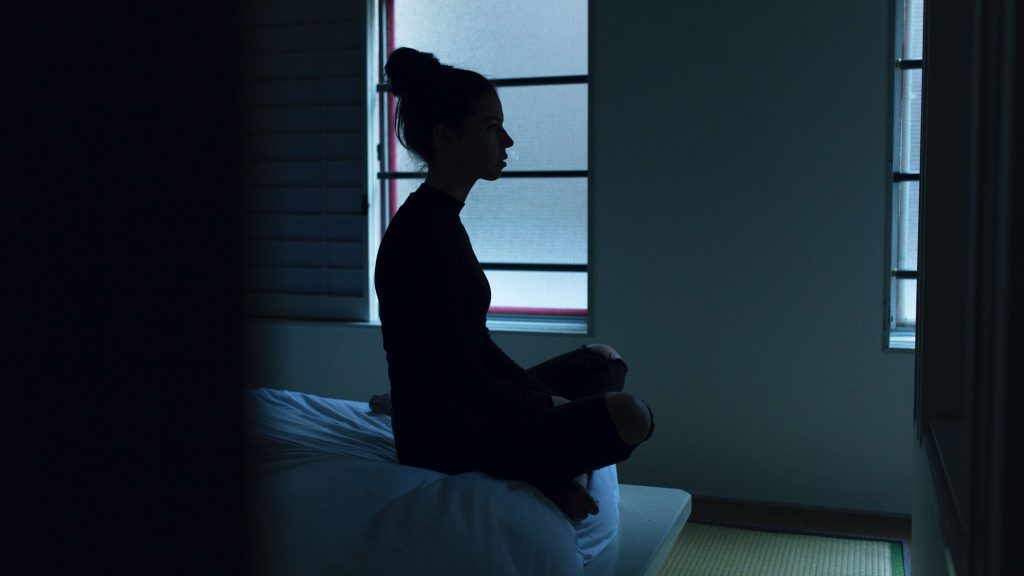
Trying to sleep on bad nights, I desperately used to count the hours until I woke up. Then I didn’t realize yet that my anxiety was the source of my insomnia. Taking interest in healthy sleep, I experienced the advice of experts and now in my arsenal there are reliable and proven ways to fall asleep quickly and tightly without the use of medications and dietary supplements, but first things first.
Common causes of sleep disorders
When I dug into this issue, I found a lot of information about melatonin (hormone and dietary supplement), which is not surprising at all. Let’s first talk about hormone. Melatonin is a hormone produced in the brain by the pineal gland that regulates the sleep-wake cycle. With the onset of dusk, this hormone is actively released and causes drowsiness, signals in such a way that the time to sleep is coming. Well, in theory, everything is quite natural and predictable, isn’t it?
But often our body has its objections to this idyll. There may be many reasons for sleeping problems: anxiety and stress, depression, disruption of the rhythm of sleep and wakefulness, unsatisfactory environment, and diseases that are accompanied by physical discomfort. Lying in bed, for example, you’re thinking about the coming session or worrying about the quarterly report, or remembering the quarrel with your loved one and only now you have better answers and arguments in your head, or the bright light of a street lamp disturbing you. All these factors, as well as many others, can lead to a decline in melatonin levels and sleep disturbance as a result.
In such situations, as a rule, many of us think about the immediate solution to the sleep problem without delving into the cause of sleep disturbance. Perhaps the first thing that comes to mind is to take sleeping pills. However, the need for a prescription and the unpleasant consequences of taking sleeping pills (lethargy, dizziness, headache, nausea, malfunction, impaired attention and memory, drug dependence, etc.) push for an alternative.
Melatonin: use or not
It’s time to think about melatonin as a dietary supplement. Yes, at first sight, it seems like a reasonable alternative, because with melatonin everything is not as dramatic as with a prescription drug, but it is not entirely safe in this case either. Well, let’s understand the nuances.
Brent Bauer, M.D., claims that melatonin supplementation is generally safe for short-term use. You are unlikely to become dependent, have a diminished response after repeated use (habituation), or experience a hangover effect. But it’s important to remember that even though melatonin is a natural hormone and less harmful than usual drugs, doctors still warn people to be mindful when taking it, without misused.
Moreover, only a doctor can determine the necessary dose of melatonin and actually define whether this supplement is right for you or not. Modern researchers believe that the duration of the treatment will depend on the case being a transient one (as it’s the case of jet lag) or more long-term (as for the treatment of a delayed sleep-phase disorder or non-24-hour sleep-wake rhythm disorder). In addition, age and lifestyle affect the dose.
How to naturally increase melatonin levels
Often sleep disorders can be managed without the help of drugs. It is important to identify the irritating factor and eliminate it, thus solving the sleep problem. Personally, diet and sleep hygiene helps me sleep well. I propose to analyze in more detail the rules of sleep.
- Create healthy sleep habits and follow them. Try to wake up and go to bed around the same time every day, weekends are no exception. Make silence and darkness in the room. Morning exercises help fall asleep in the evening, and evening exercises, on the contrary, prevent this. Refrain from drinking coffee after 6 p.m., and it is also not advisable to consume alcohol a few hours before bedtime. Since the blue color suppresses the natural production of melatonin, try to avoid using, for example, the phone two hours before bedtime. In order not to think about an outgoing day before bed and not to plan for tomorrow, write down your thoughts in a diary. If you suddenly wake up, do not worry, stay calm and relaxed, so you can quickly fall asleep again.
- Follow your ritual. Do whatever before bed that usually relaxes and calms you (drink herbal tea, take a warm bath, read, listen to music or a podcast, etc.).
- Make your rules of the game. If you are used to taking sleeping pills or a dietary supplement but want to stop, sleep-medicine specialist Philip Gehrman advises saying to yourself that if, for example, by 10 p.m. you do not fall asleep, then you’ll take the drug. Thus, you calm your brain and have no feeling of anxiety because of the refusal of medications or supplements and the fear of not sleeping. Even the only knowing that you have the possibility to take a pill makes you feel more comfortable, and you fall asleep without it.
Remember that the cause of sleep disturbance can be hidden much deeper. For example, depression, and sleep apnea can also be the cause of inferior sleep and insomnia. If you can’t sleep every night for a long time, see your doctor or sleep specialist. They identify the problem and offer a rational solution.
